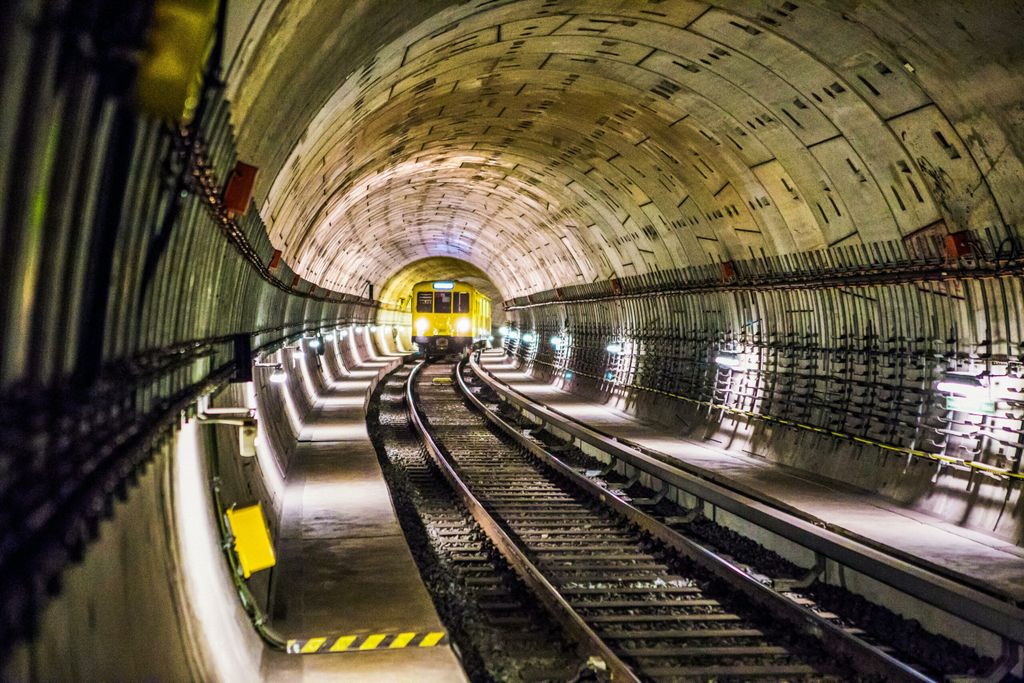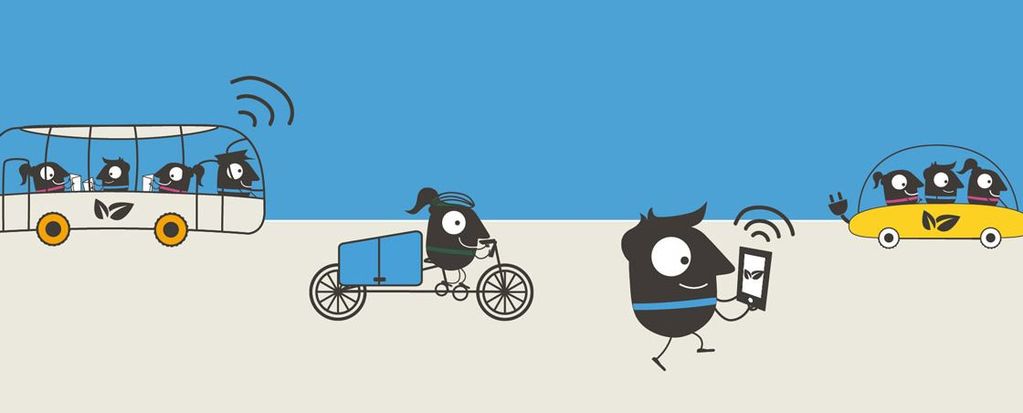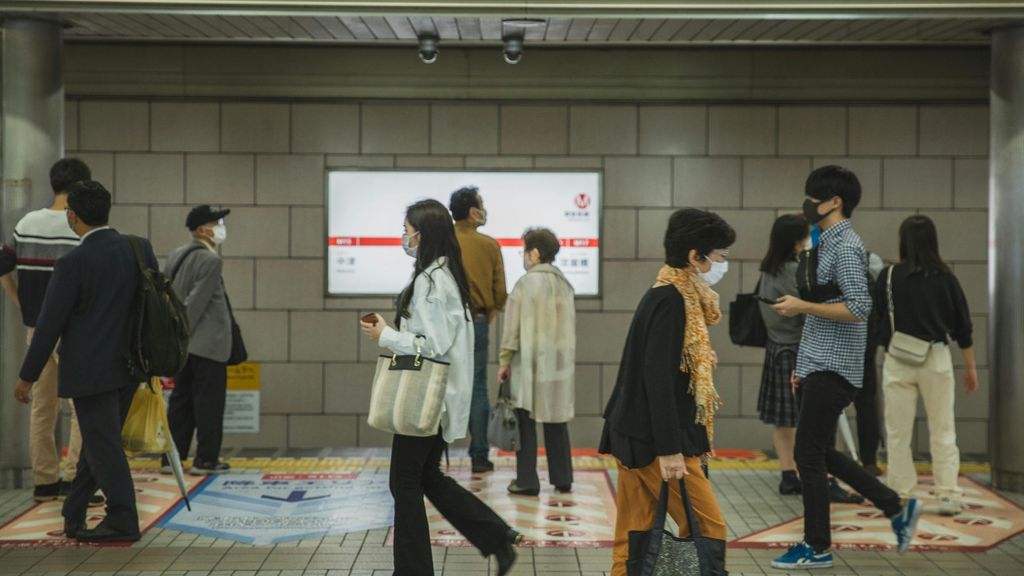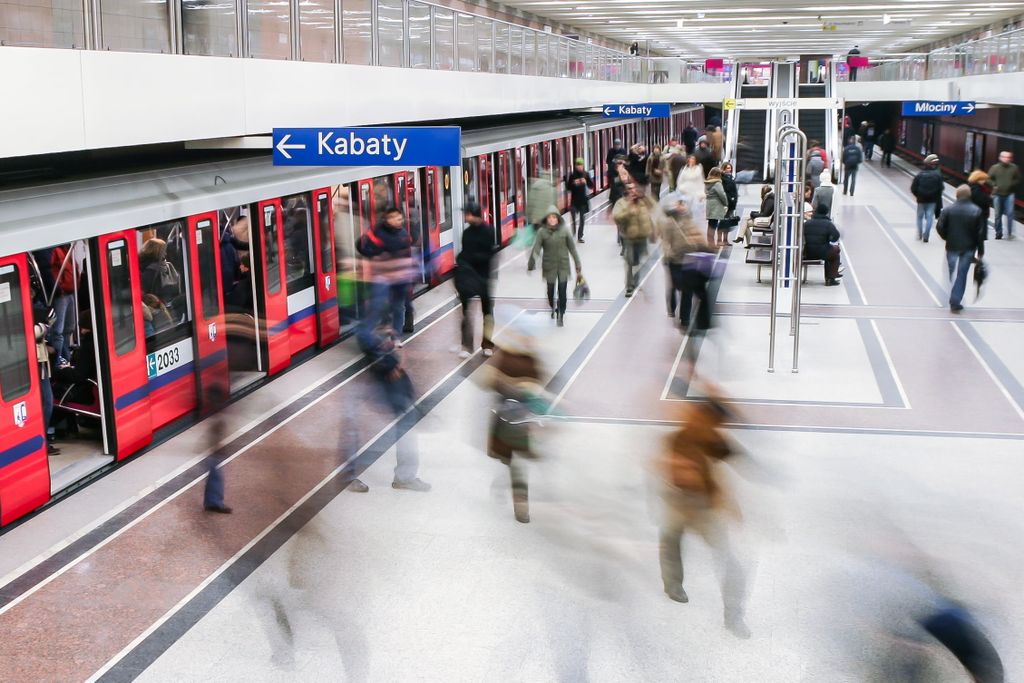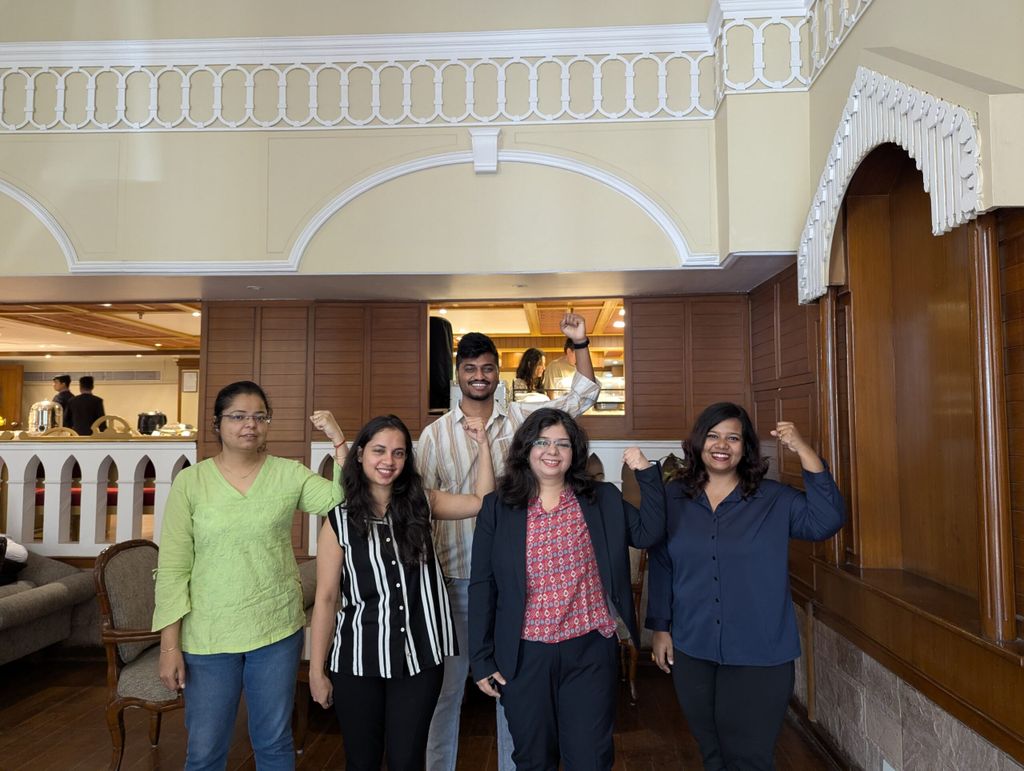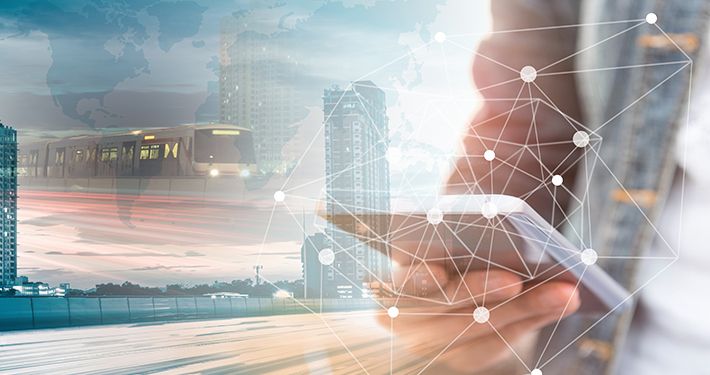
International Day of Clean Air for blue skies
Under the theme The Air We Share, 7 September 2022 marks the third International Day of Clean Air for blue skies. The day aims to raise awareness and facilitate actions to improve air quality.
Each year 7 million people die prematurely due to air pollution and 99% of the world’s population breathes polluted air. It is the largest contributor to the burden of disease from the environment, and is one of the main avoidable causes of death and disease globally.
Air pollutants also cause global warming. And when people are exposed to both air pollution as well as extreme heat, their risk of death is some 20 percent higher.
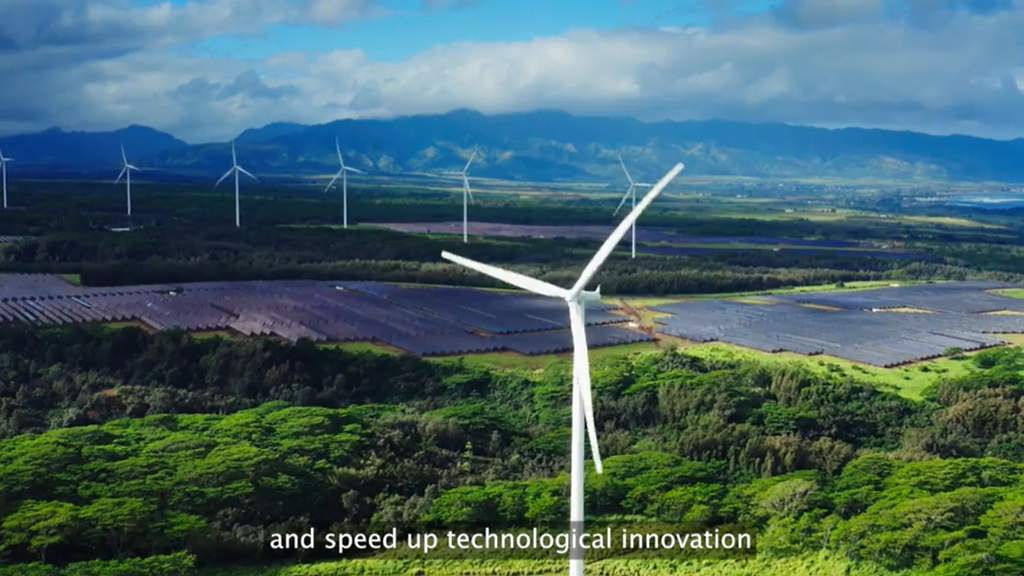
Public transport can help improve air quality. Travel by bus is twice as efficient and by rail four times more efficient than private vehicles. Every kilometre travelled on public transport saves 95 grams of GHG emissions and 19 grams of NOx compared to motorised private transport.
A diesel bus with the most stringent emissions standard emits 99% fewer fine inhalable particles (PM2.5) and 10 times less NOx per passenger kilometre than an equivalent diesel car. The good news is that electric buses will reduce pollutant emissions even further and become increasingly zero-emission, which will further improve air quality in cities.
By improving walking and cycling facilities, and integrating them with quality public transport systems; air quality, noise, physical activity and mental health can be improved.
We need to move away form transport based on individual motorised transport
Moving forward for clean skies and healthy cities
The effect of air pollution is strongest in middle and lower income countries. In July this year, the United Nations recognised the universal right to a clean, healthy and sustainable environment, making clean air a human right.
Air pollution knows no national borders and is all pervasive. Moreover, it is strongly correlated to other global crisis such as climate change, biodiversity loss, other forms of pollution, social and gender parity as well as economic development.
United Nations Secretary-General António Guterres: “We know what to do: invest in renewable energy and swiftly transition away from fossil fuels; rapidly move to zero-emission vehicles and alternative modes of transport; increase access to clean cooking, heating and cooling; recycle waste instead of burning it.”
Expanding public transport and its use, while unleashing the potential of technological innovations, will help bring down congestion, emissions, air pollution and road traffic incidents. The resulting health benefits, and cleaner air, benefit everyone.
Find out more about the International Day of Clean Air for blue skies by visiting cleanairblueskies.org.
And if you want to discover the other benefits public transport brings, like economic growth and active lifestyles, visit the public transport benefits website.
Membership benefits


